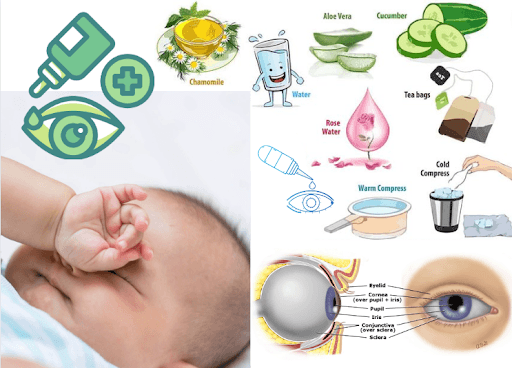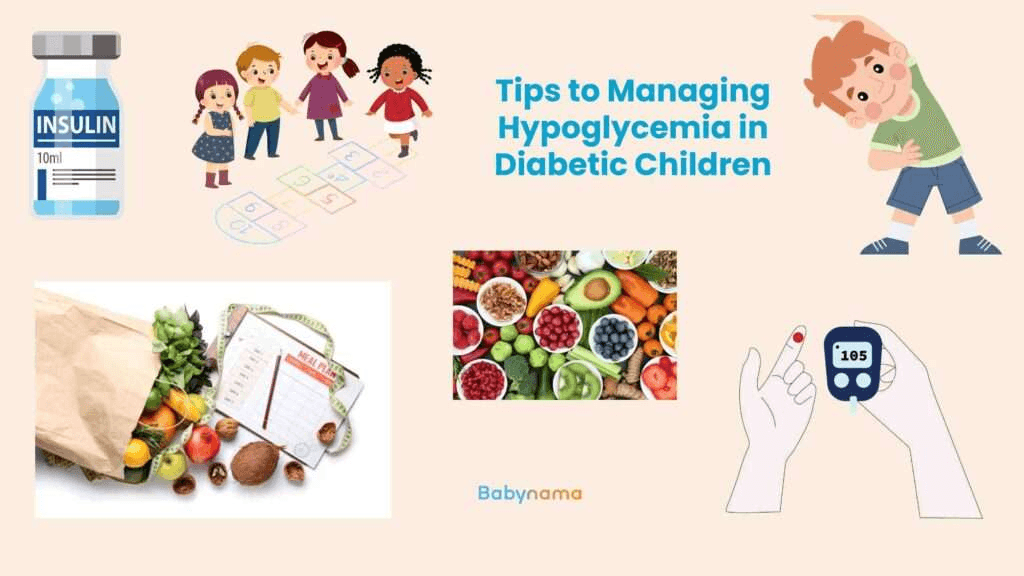
Regurgitation (Reflux) In Babies
Regurgitation, commonly known as reflux, is a condition where the stomach contents flow back into the esophagus and sometimes into the mouth of infants. While reflux is common in infants, it can cause discomfort and worry to parents. Here is a guide to help you understand regurgitation (reflux) in babies, its causes, symptoms, diagnosis, and treatment.
What is Regurgitation (Reflux)?
Regurgitation (reflux) is a condition where the contents of the stomach flow back into the esophagus, causing discomfort and sometimes spilling out of the mouth. Infants usually experience reflux as a result of their underdeveloped digestive system. The valve that separates the stomach and the esophagus is not yet fully developed, making it easy for the stomach contents to flow back up.
How common are reflux symptoms in infants?
- Reflux is common in infants, and many babies experience it at some point during their first year of life.
- Studies suggest that up to 70% of infants have regurgitation (reflux) symptoms.
- Most infants outgrow reflux as their digestive system develops.
Causes
The main cause of regurgitation (reflux) in babies is the underdeveloped digestive system. As the digestive system matures, the valve separating the stomach and the esophagus strengthens, reducing the likelihood of reflux. Other factors that can cause reflux include:
- Overfeeding or feeding too quickly
- Lying down too soon after feeding
- Abnormalities in the digestive tract
- Allergies or intolerances to certain foods
- Premature birth





